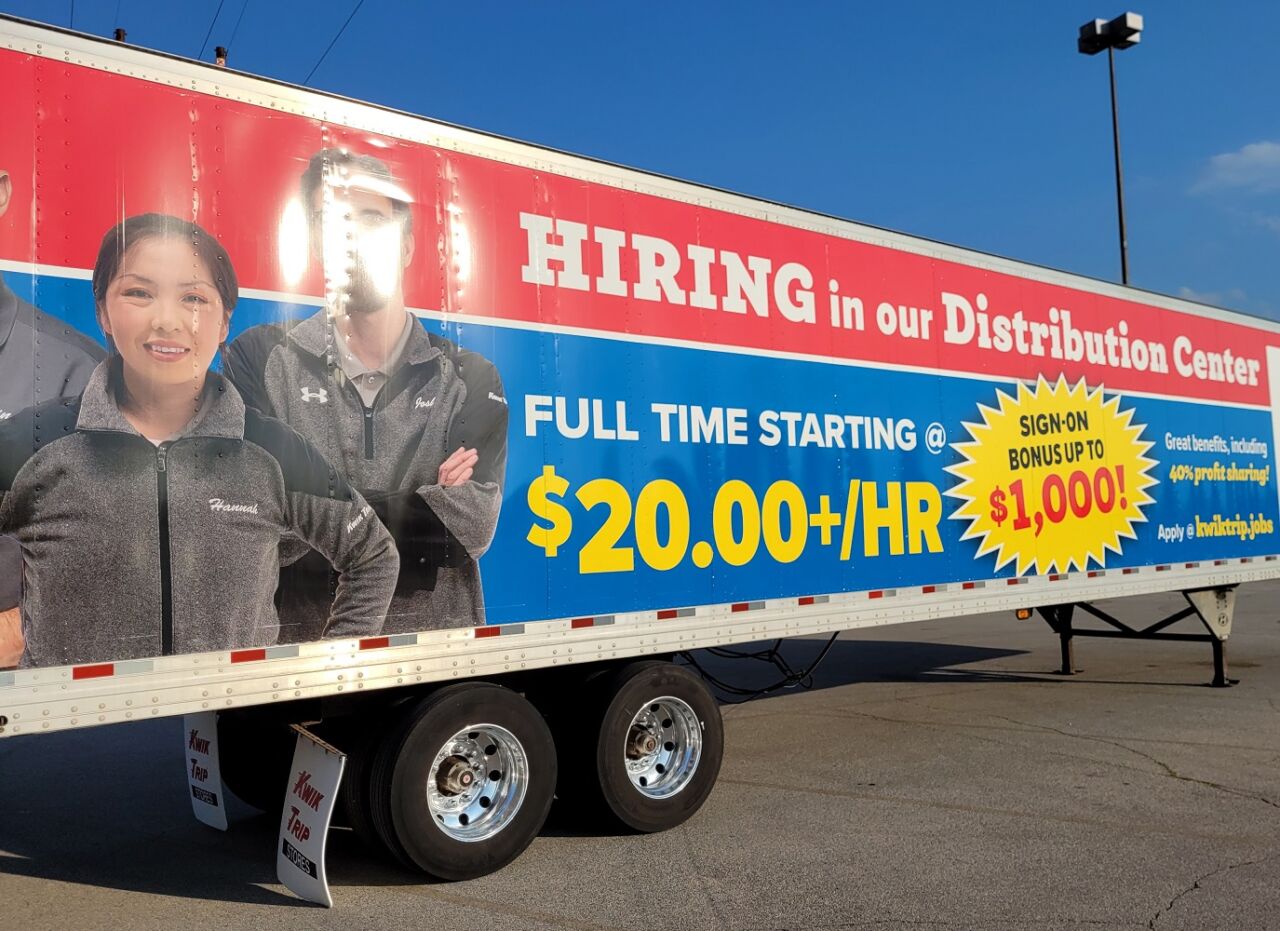As I See It
The expanded unemployment benefits have ended. Now what?

On Monday, the expanded unemployment benefits ended here in Wisconsin. Under the American Rescue Plan enacted in March, the federal government provided a $300 boost in the unemployment benefits people could receive each week.

Partisan politics are especially nasty here in Wisconsin, so perhaps we can do something unusual and acknowledge that Republicans and Democrats all had sensible arguments in the debate over the unemployment benefits.
Republicans opposed the expanded unemployment benefits. They felt that more generous benefits would cause people to stay out of the workforce, which would contribute to the labor shortage.
Democrats countered that the spread of the Delta variant and the lack of affordable childcare made it difficult for some people to return to work.
Plenty of studies will be conducted on the worker shortage and the effects of the expanded unemployment benefits. One political party might be proven more correct than the other. For now, my impression is that both parties made reasonable arguments.
However, as Kurt Bauer of Wisconsin Manufacturers & Commerce said, “Wisconsin is looking at a crippling long-term workforce shortage through mid-century that will restrain economic growth.”
Bauer is absolutely correct.
The expanded unemployment benefits attracted significant attention in part because Republicans felt they could gain a political advantage through focusing on this issue, and because Democrats mobilized to defend a major law signed by President Biden.
Now that the expanded benefits have expired, though, can Wisconsin pivot and have a discussion about the state’s long-term workforce shortage?
In 2020, for the first time ever, more people died than were born in Wisconsin. This reflects the fact that Wisconsin is an aging state with lackluster population growth. And that is a recipe for a shortage of workers – a shortage that will haunt the state not just this year, but for many years to come.
Ultimately, the end of the expanded unemployment benefits might have some kind of short-term effect on the labor force and the economy. But the end of this program will not magically solve Wisconsin’s long-term workforce problems.
To be sure, the debate over the expanded unemployment benefits was a worthwhile debate with reasonable points made on both sides. Now, though, we desperately need to focus on the long-run trends that threaten to limit economic growth in Wisconsin.

